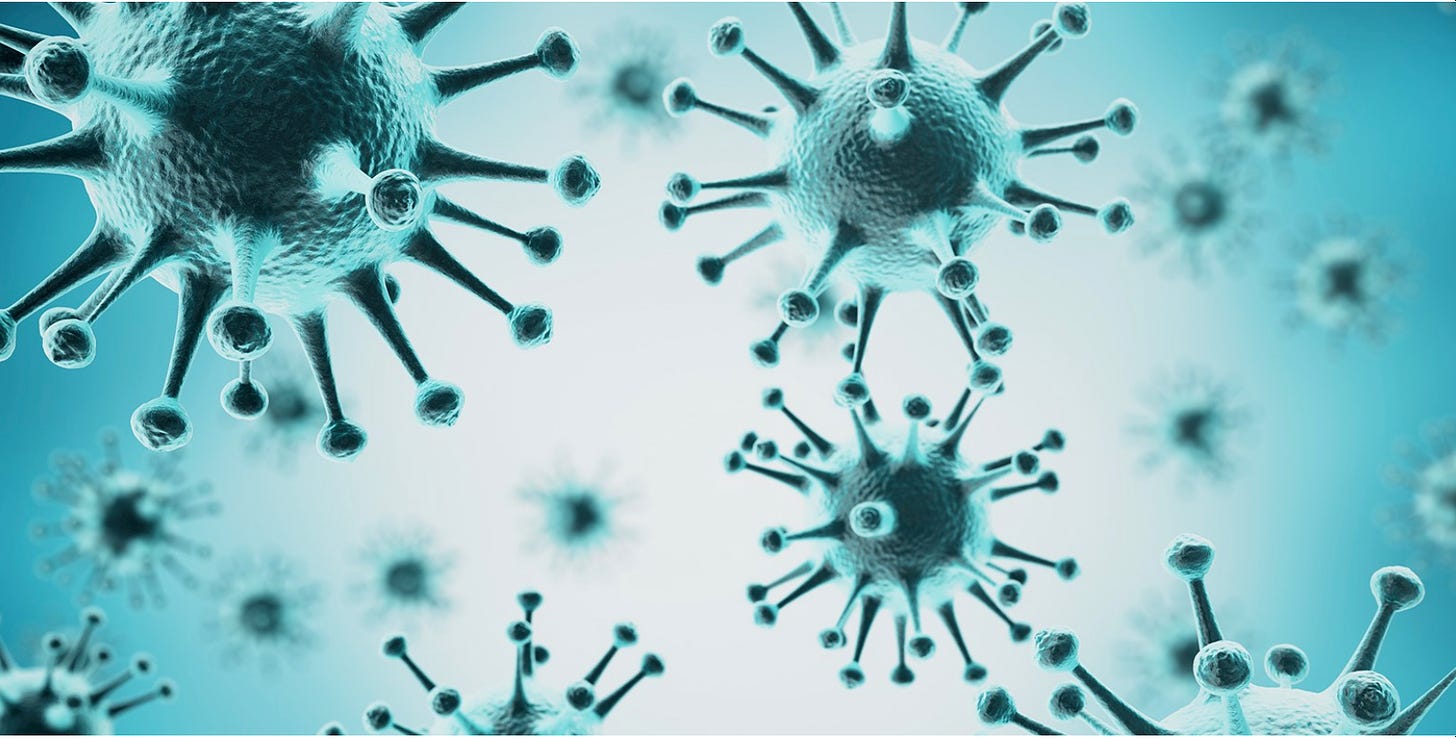A study by Denmark’s Staten Serum Institut concludes the Pfizer/BioNTech vaccine is very effective at preventing coronavirus infection.
39,040 nursing home residents and 331,069 health care workers took part in the study.
The study found the vaccine was 64% effective in protecting against infection among the group of elderly seniors and 90% effective among social and health care workers.
Of the nursing home residents, the Staten Serum Institut says that 95.2% had a first vaccination dose while 86% were fully vaccinated. Measured seven days after the second vaccine dose, 27 seniors tested positive for COVID compared to 488 among those in the unvaccinated group.
SSI Acting Head of Department Palle Valentiner-Branth says it is important to note the study focused on overall efficacy in protecting against the coronavirus and not on how well it protects against mild to severe symptoms.
“High efficacy of the Pfizer/BioNTech vaccine is seen seven days after the second dose. Combined with the very high level of vaccination among nursing home residents, it bodes well to be able to control the spread of COVID in nursing homes. And to protect this group, which is at high risk of serious illness .”
More importantly Valentiner-Branth says vaccinations have caused infection rates in nursing homes to fall like a rock.
“We have seen that the mortality rate and the number of infection cases in nursing homes has decreased significantly during the period of vaccination.”
Among health care workers the vaccine efficacy was much higher. Of the 331,069 who took part in the study, 172,704 had received one or both vaccination doses. Of those, ten tested positive for COVID compared to 5,663 among the unvaccinated group.
Overall age and health is likely one factor for the difference in vaccine efficacy between the two groups. The average age of nursing home residents in the study was 84 years old compared to 47 among health care workers.




